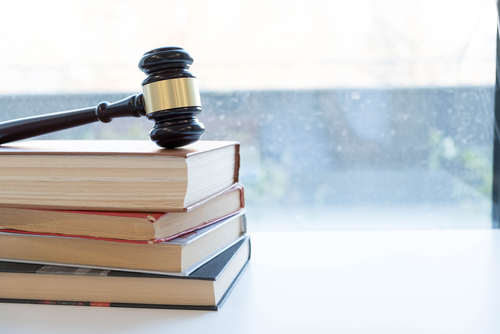Do you just toss most junk mail and other documents that become useless in the trash? You could be setting yourself up for identity theft if you do. Certain documents should be kept forever, some should be kept for a number of years, and some could be thrown away immediately. However, you should take note of what kind of information is contained in those documents before you chuck them.
Destroy Important Documents
All important documents that you no longer need should be shredded. And, when you shred documents, it's safer to use a service such as Carolina Shred for these documents. These documents may contain your social security number, birth date and other information, that put together with your address, could cause you a lot of headache should someone get hold of them.
“Important” documents include:
-
Tax returns and other tax information, including W-9s, 1099-Miscs, and other proof of income
-
Bank statements and canceled checks
-
Investment records and statements
-
Paycheck stubs
-
Home financial information
-
ATM receipts
-
Insurance documents
All of these documents should be kept for at least three years, especially those you use for documentation for your taxes. While the IRS can only audit you for three years, it can audit further back for fraudulent tax returns, thus, you should at least keep digital records of your tax returns.
Other Document Destruction
Documents that contain even just your address could give an identity thief enough information to steal your identity, especially if they find other documents with your address and other information on them. Throwing the documents in the trash is not enough – and California v. Greenwood, 486 U.S. 35, states that “The Fourth Amendment does not prohibit the warrantless search and seizure of garbage left for collection outside the curtilage of a home.”
Anything you would not normally save but that is on this list, the documents should be shredded:
-
ATM receipts, deposit slips and other banking receipts.
-
Bank statements.
-
Canceled and voided checks.
-
Any credit card receipts, carbon copies of credit and charge card bills, summaries and reports.
-
Credit reports and credit histories.
-
Copies of birth certificates. Originals should be kept for life.
-
Any documents containing a maiden name. These are usually used by credit card companies for security reasons.
-
Any documents that contain your name, address, phone number or email address.
-
Any documents pertaining to investments.
-
Any documentation that contains PIN numbers or passwords.
-
Anything with your driver's license number on it.
-
Pay stubs.
-
Employment records.
-
Expired visas, passports and other travel documents, including travel itineraries and used airline tickets.
-
Identification cards, including but not limited to state IDs, college IDs, military IDs, luggage tags and employee badge IDs.
-
Any legal documents.
-
Any item with a signature on it.
-
Investment, property and stock transactions.
-
Anything with your social security number on it.
-
Any medical records, including but not limited to dental records, ophthalmologist records, and Medicare and Medicaid records.
-
Pre-approved credit card applications, including those you did not apply for (junk mail).
-
Any receipts that print checking account numbers or credit card numbers.
-
Report cards and transcripts.
-
Curriculum vitae and resumes.
-
Tax forms.
-
Utility bills.
Identity thieves are getting more sophisticated. Anything with an address could lead them to your home, where they could find other documents with identifying information, including your social security number.
Contact Carolina Shred
When you have documents to shred, especially those with social security numbers and banking information on them, contact Carolina Shed to shred the documents.
 Carolina Shred's Back to Office Checklist
Carolina Shred's Back to Office Checklist
 Document Disposal for Law Firms
Document Disposal for Law Firms

Comments